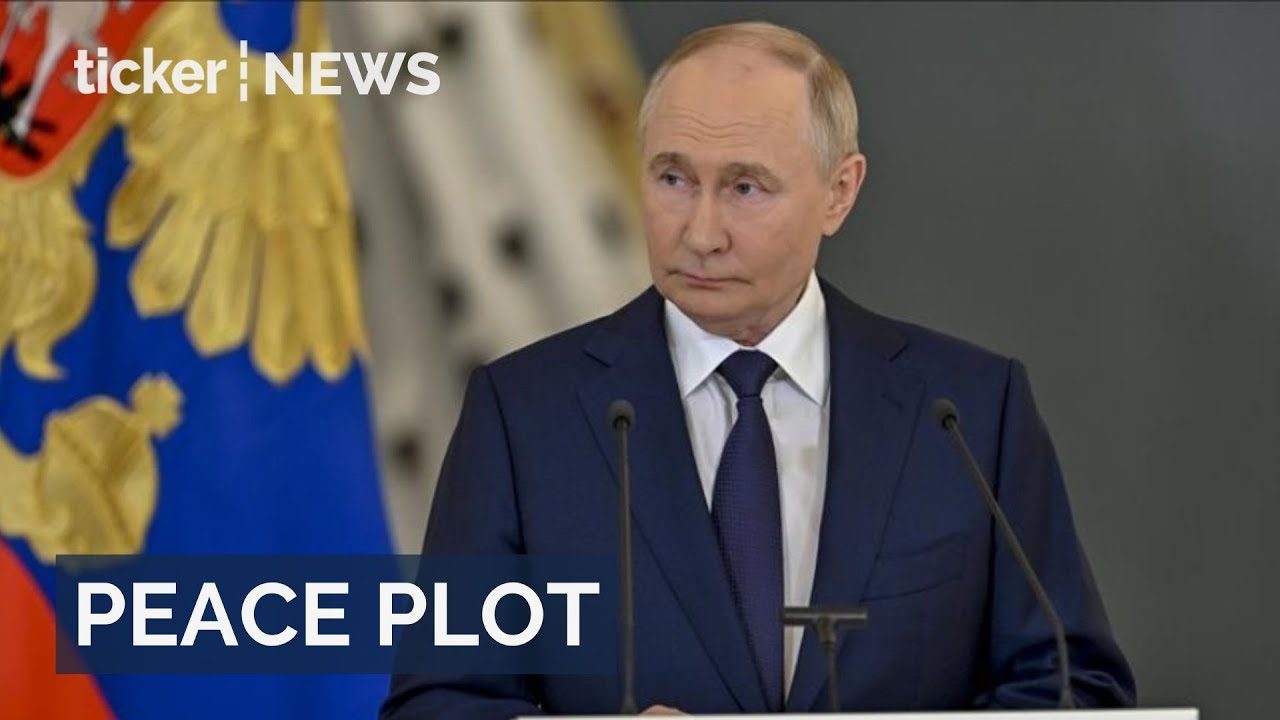News
2024 marked significant global political shifts and inflation struggles
2024: inflation fuels anti-incumbent sentiment; elections shake global leadership amid ongoing conflicts and ai adaptation.

News
OpenAI prepares first consumer device amid revenue boom
OpenAI plans to launch a screenless smart speaker by late 2026, shifting focus to hardware amid significant revenue growth.
News
Putin invited to Trump’s Gaza Peace Board
Putin invited to U.S.-led ‘Board of Peace’ for Gaza amid ceasefire efforts and reconstruction debates.
News
Trump escalates Greenland standoff as Europe weighs retaliation
Denmark boosts Greenland troops as Trump pushes U.S. control, prompting European leaders to seek diplomatic solutions amidst rising tensions.
-



 Ticker Views4 days ago
Ticker Views4 days agoGlobal power struggles and Arctic shipping risks
-



 Leaders5 days ago
Leaders5 days agoSendle’s closure impacts Australia’s small business logistics
-



 Ticker Views15 hours ago
Ticker Views15 hours agoDOJ to charge Don Lemon under historic KKK Act
-



 Tech5 days ago
Tech5 days agoTSMC posts record profits on AI chip boom
-



 News5 days ago
News5 days agoAustralia shuts millions of teen social media accounts
-



 Money4 days ago
Money4 days agoCommodities surge as oil volatility and metals hit record highs
-



 Money2 days ago
Money2 days agoMarkets edge higher as 10-year yields hit new highs
-



 News2 days ago
News2 days agoEU condemns Trump’s Greenland tariff threats: Trade tensions escalate






